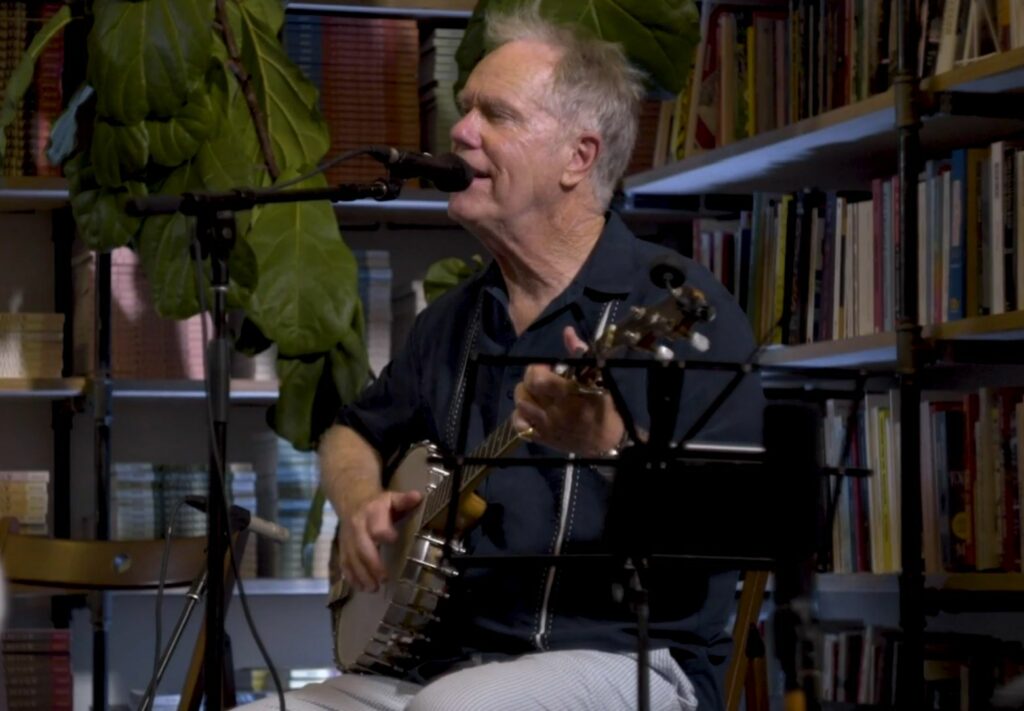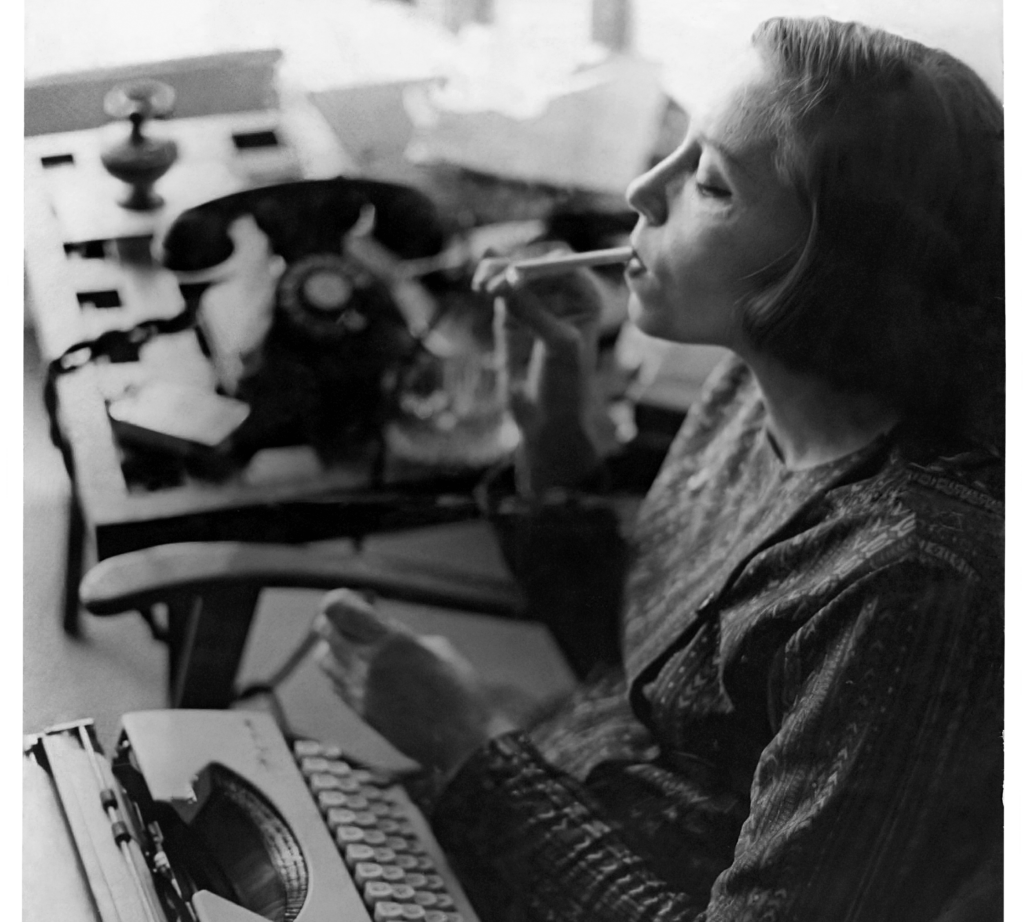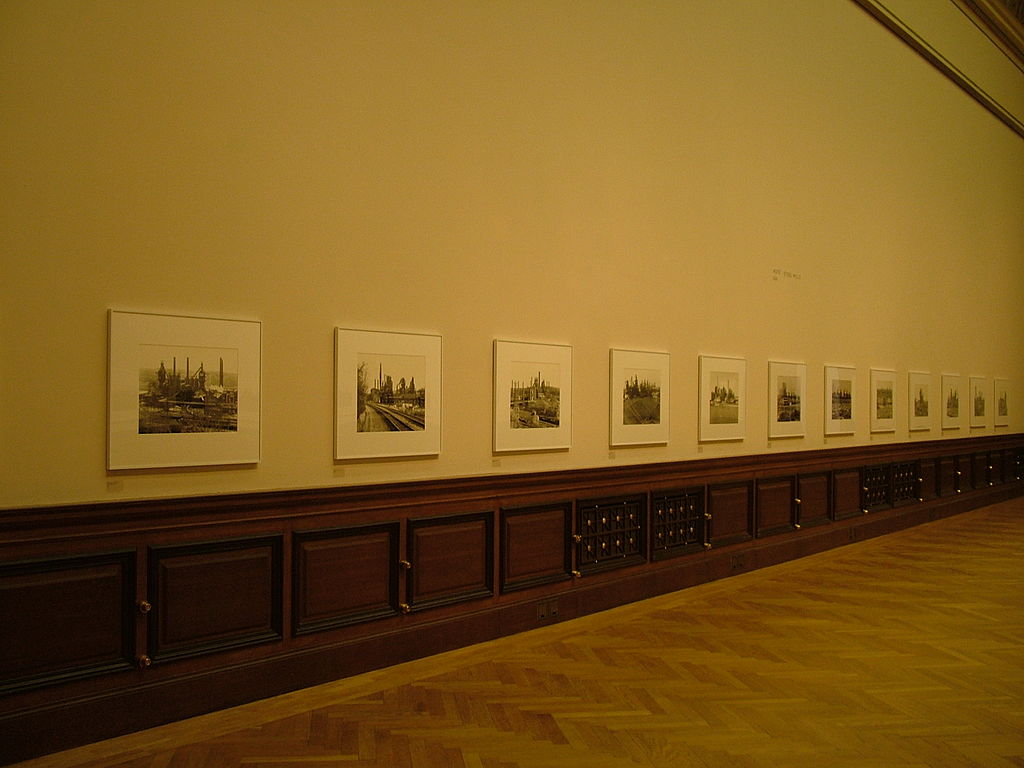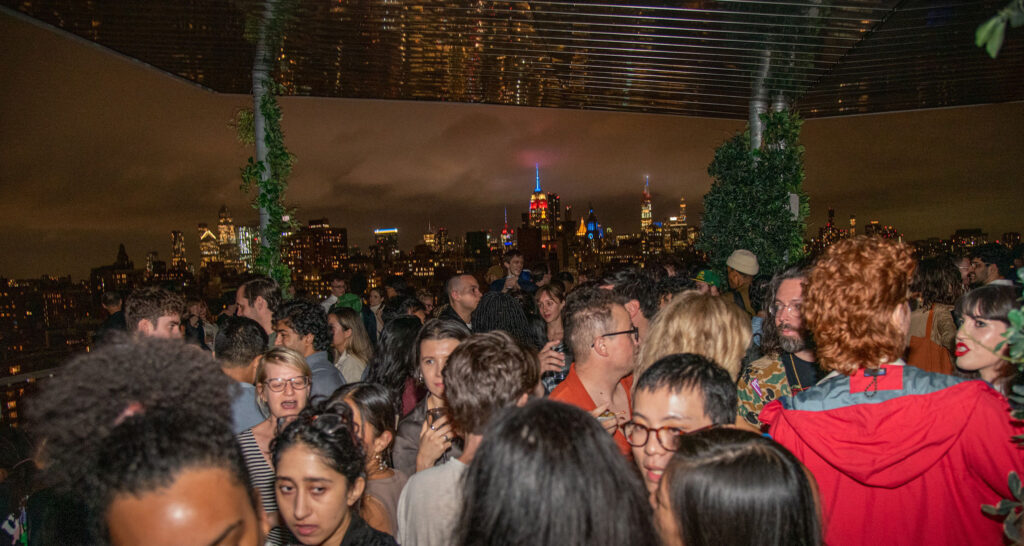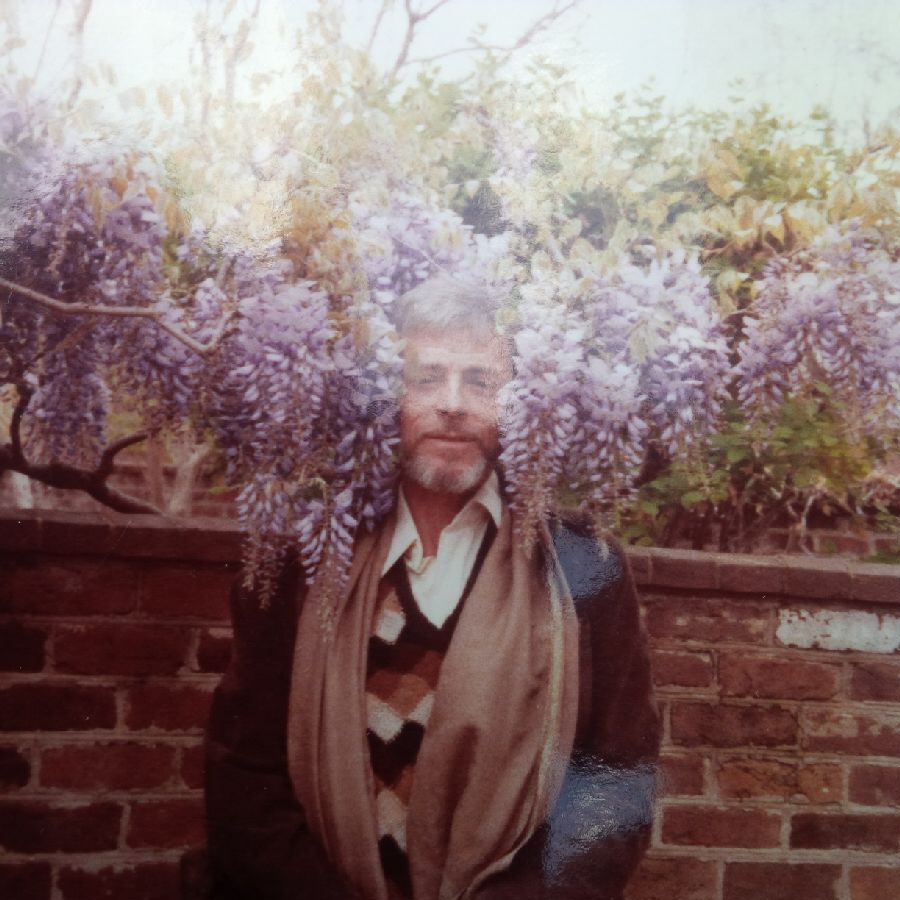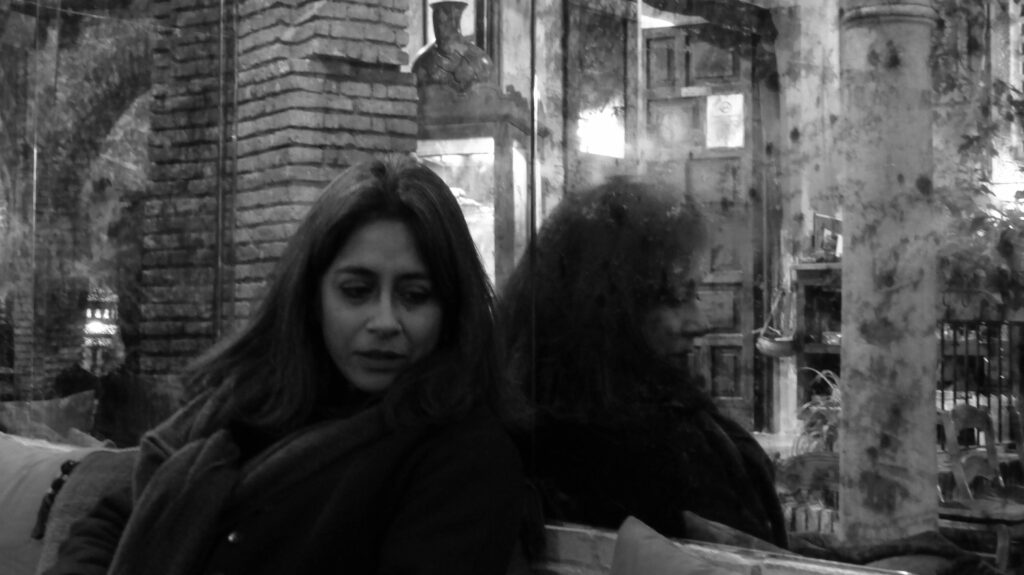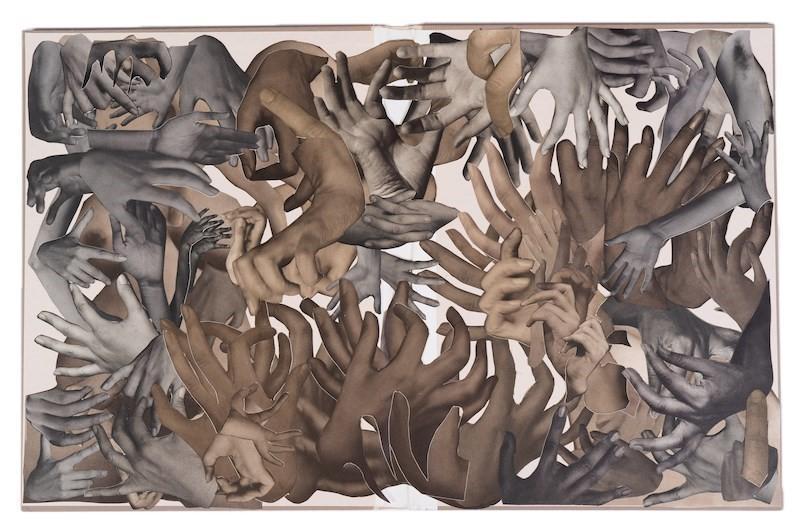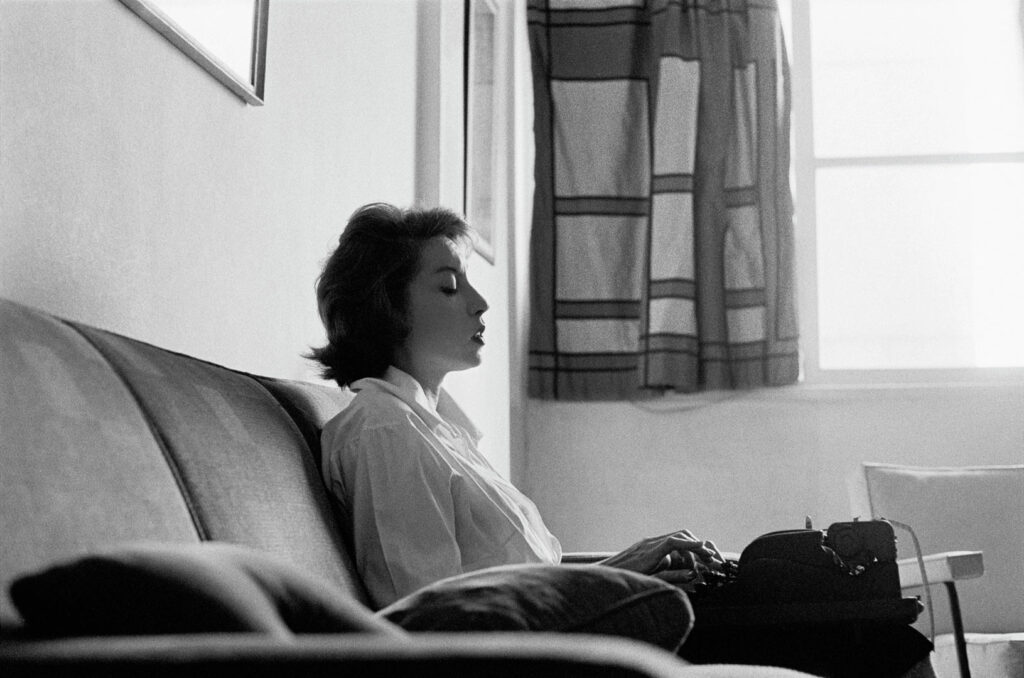How can you find like-minded people in your community to work with in ending censorship? It can certainly feel overwhelming and, in some instances, impossible, but now is the perfect time to find your allies and work together toward ensuring access to books and information for all.
The Florida Freedom to Read Project, helmed by Jen Cousins and Stephana Ferrell, began as two like-minded parents coming together after the Orange County Public School system removed Gender Queer. From there, they’ve grown their activism work in pushing back against book censorship across the state. Their work has been instrumental in Florida and is a model for how concerned citizens can build similar networks to protect intellectual freedom and the right to access books and information for all. Here’s how to do it (kudos to Cousins and Ferrell for sharing their tips with me).
How To Find People Who Care About Book Censorship
Connect with someone you know who cares deeply about access to books. This could be a best friend or someone you met by chance at a book club. Make a pact and hold one another accountable to one action that week, be it showing up to a board meeting or contacting the local library to let them know how much having queer books available means to you and your family. Find local parent groups on Facebook that align with your beliefs. You may find them labeled as “progressive” parent groups or you may find them via issues they champion. Much of the book banning movement emerged from anti-mask movements, so you may find like-minded people in pro-masking groups. Use these groups to see what topics are being discussed, and connect with those working on censorship issues. If no one is, that’s where you begin to solicit those eager to do that work. You may create a special project or a separate group (Moms For Liberty puts captains in charge of their projects within their chapters). Twitter and Instagram can be extremely useful. Use Twitter to follow anti-censorship groups and individuals, and then engage so you can wrap your head around the issues. You’ll be surprised how quick you connect with folks locally — and remember local might mean your town, your county, your region, or your state more broadly. Watch and read the previous recorded board meetings. You’ll know the names of everyone who shows up to speak at these meetings, and from there, you might find allies you can connect with immediately. In an era where most people are on social media, looking someone up locally is not hard, and sending them a private message of support can get the ball rolling. Wear something that highlights your values. A shirt or tote or pin against censorship will attract attention in the carpool line at school, when you walk with your kids to school, or a school board/library board meeting. This is your chance to connect with fellow like-minded individuals who are eager to do something about book bans. A
FReadom shirt like this one, which supports the work of Texas Library Association’s Intellectual Freedom Fund, can start a great conversation. Tap your networks. Maybe you are involved in a local animal shelter or drama group that feels removed from anti-censorship work. Wear your passion when you attend those things, and talk about them before/during/after meetings. This will get people curious.
Building Your Anti-Censorship Work
Your group does not need to be big to be effective, and the more work you do, the more people will want to get involved. Here’s how to do work:
Get niche. You may be part of a big group, but getting specific in your issues will help you tackle them well. You are passionate about intellectual freedom, for example, but your group is focused on overturning book bans in schools and libraries. Ferrell likens it to being a business: you find your people and strengthen your work when you focus. You care about big issues, but your focus is on something more granular and measurable.Be yourself. Use your voice and speak up at meetings, in person, and online about the issues. You don’t need to be an expert. You need to be passionate and willing to try. Activism is an action, and the more you model that, the more people find comfort in joining you (it’s likely new to them — and you! — or something that creates anxiety since they’ve never done it before). Your words have value and power because you are a citizen in a democracy, but for parents, you have an especially vital voice in the decisions that affect your students. Identify yourself as that stakeholder. Speak at school and library board meetings. You will be seen by others as someone who is doing the work and who they can connect with to build their bravery muscles to do the same thing. Remember: even if you’re too nervous to talk at a board meeting, you can write a letter to them and send a copy to your local newspaper. This will get your name out there with stakeholders and people in your area. Research local teacher and librarian groups and get to know them. For Cousins, this meant getting to know FAME,
Florida Association for Media in Education, a professional organization for school media specialists. She was able to connect with educators and learn what issues and challenges they were dealing with. You likely have a state or more local group similar to FAME. Talk with your local school library workers and get to know what their needs are. Introduce yourself as a citizen who is eager to support them and advocate on their behalf. You can build a parent network through championing their needs. Get to know your local school board and, if you have a specific individual representing your district, learn as much as you can about them. The more you get to know them, the more involved you’re able to get, and the more articulately you can speak on behalf of their needs and the needs of the broader community. Ask to talk with your board members one-on-one if talking in front of the whole board at a meeting is intimidating. They can do this, and it is an opportunity for you to voice concerns and/or ask what you can do to support their efforts against censorship. (On a personal note, I’ve sent more than one “heads up” email to a board member or administration member when I saw things happening in a community that they may not have — the gratitude is real, since they can’t have their eyes or ears on everything). When you speak, whether at a board meeting, individually with librarians or educators, or within your anti-censorship groups, emphasize that you support teachers and librarians and are their allies. Reiterate that you know their work is tough and that their passion and the pressures they face are real. Ferrell calls this knowing when to lay or pull the punch on their behalf. Befriend the teachers’ union. Teachers’ union members are often parents themselves. Support public education? You support their unions, too. As soon as educators know you have their backs, they will spread the word about your work and mission, which continues to grow your network. Bring two friends with you to the next board meeting. At the following meeting, ask them to each bring two friends. Now there are seven of you.
Now What?
Resist the temptation to believe that once you’ve created a group or have shown up to a board meeting once or written a letter that you’re done. Activism is on-going work, and in an era of dismantling public education and libraries through actions such as book banning, it’s going to be a long, hard, ever-curving road. What began as complaints about a few books has blossomed out to now be a blatant attack on LGBTQ+ and BIPOC communities, and it is a coordinated effort to defund and destroy public education and services.
This moment requires a lot more than a post or two. It requires doing that, plus getting five friends to do it, and then getting five more of their friends to do it. It’s something to put on the calendar and make time for regularly, even if it’s a monthly reminder to send that letter to the board or show up to a board meeting and support those talking in favor of book access for all (wear a shirt or tote with your beliefs on it, whether you speak or not!).


